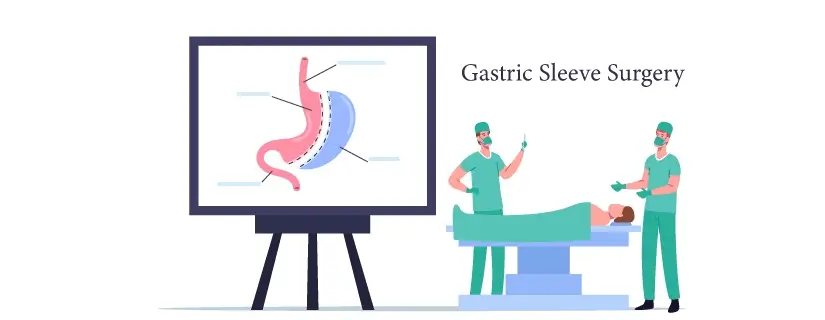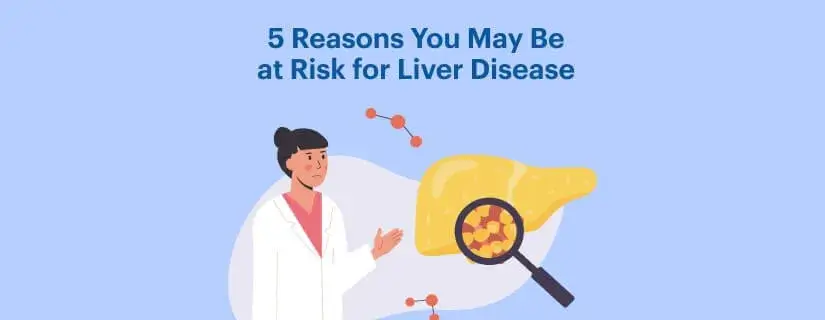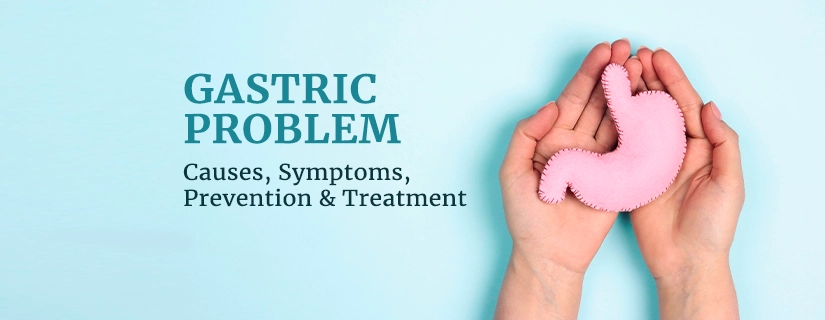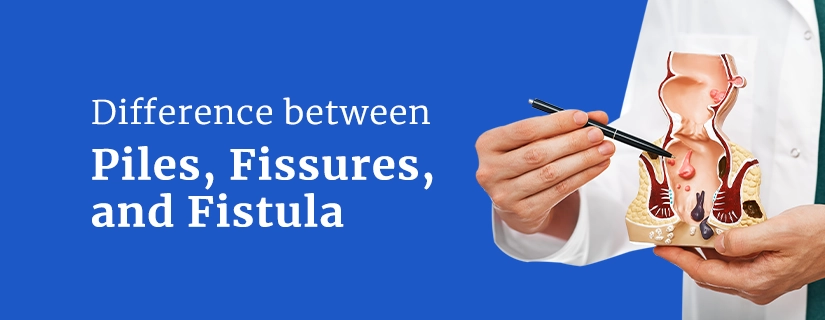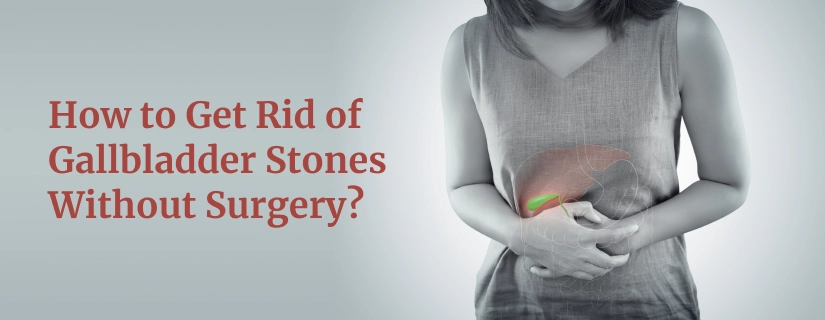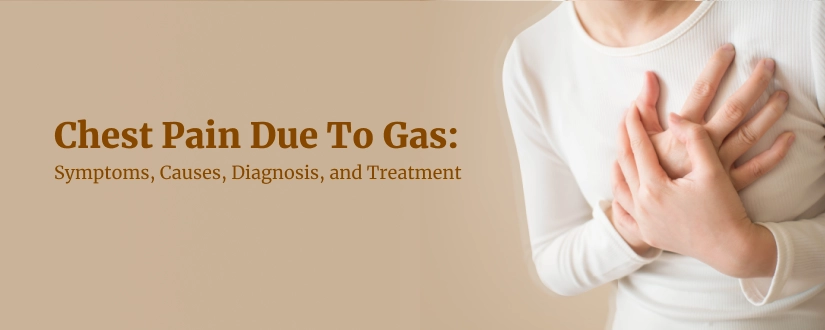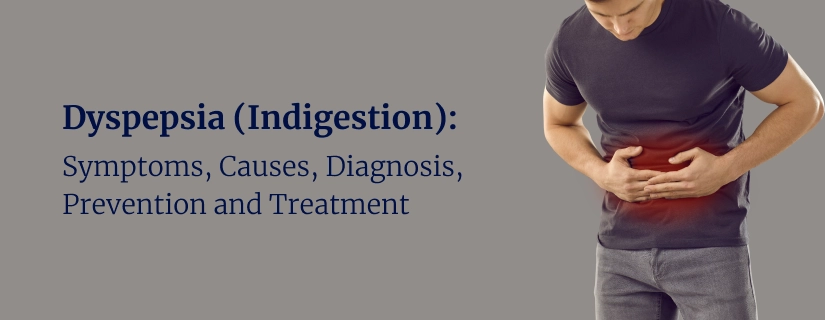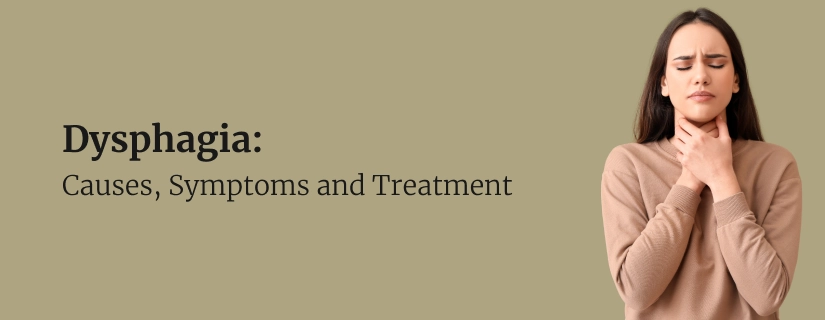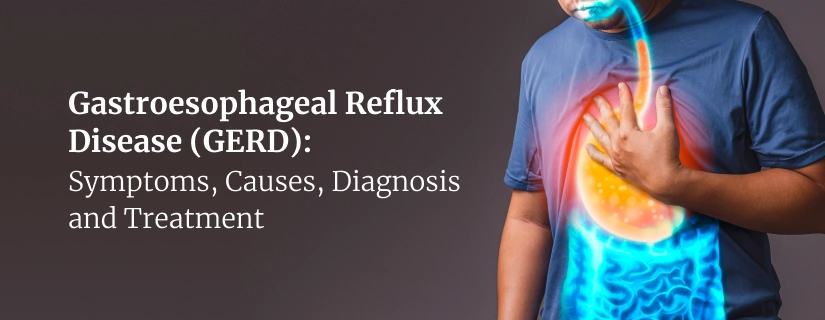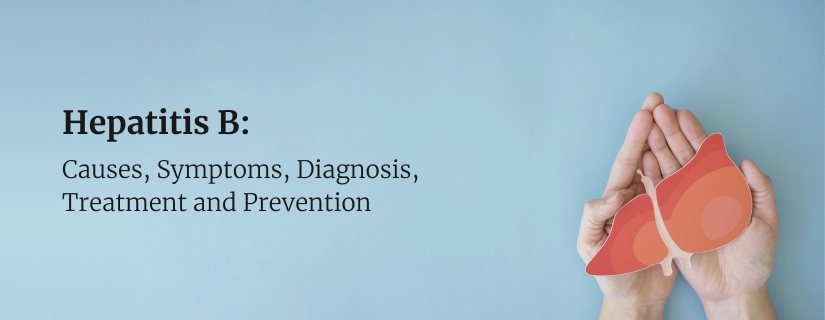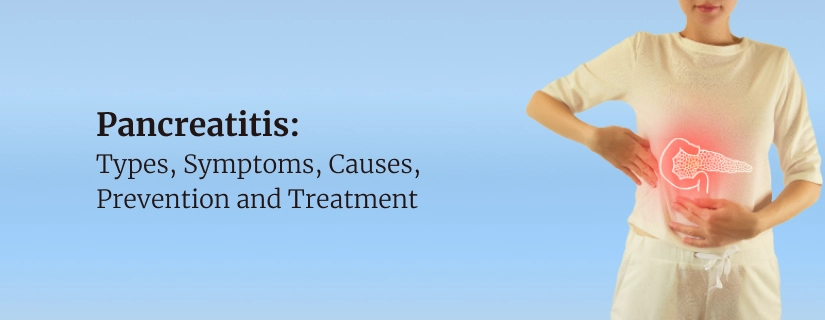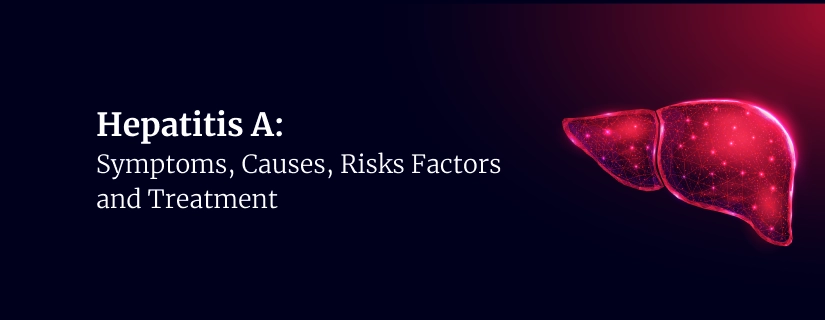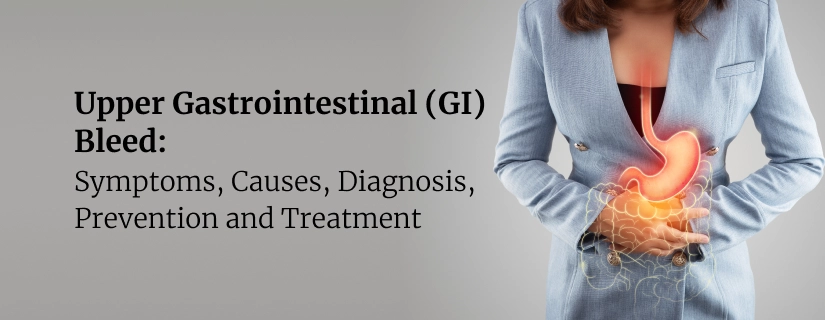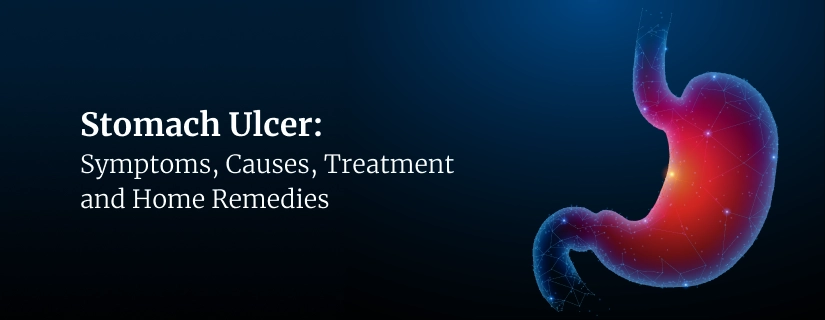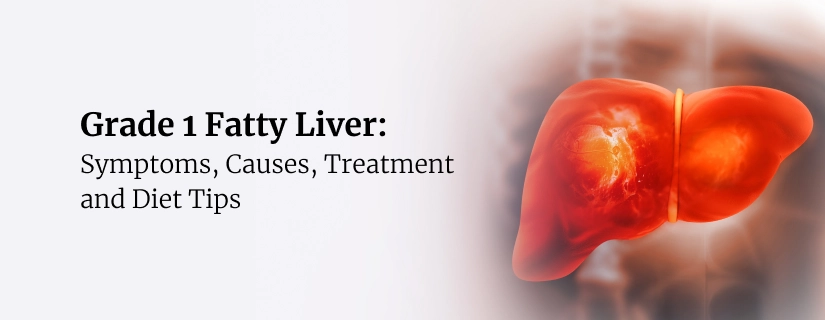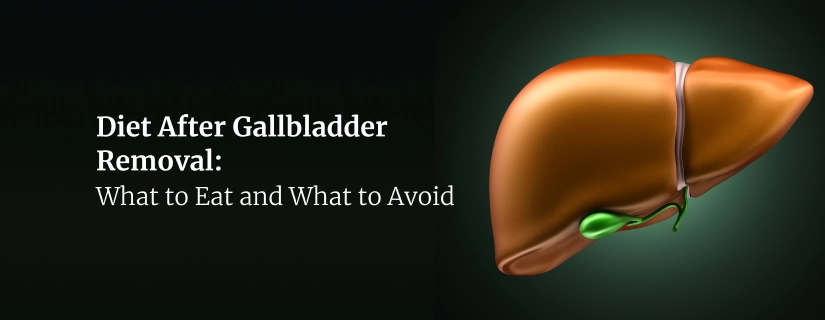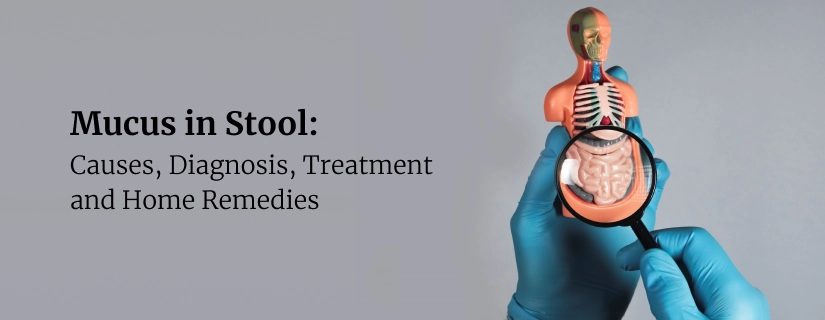-
Doctors
-
Specialities & Treatments
Centre of Excellence
Specialties
Treatments and Procedures
Hospitals & Directions HyderabadCARE Hospitals, Banjara Hills CARE Outpatient Centre, Banjara Hills CARE Hospitals, HITEC City CARE Hospitals, Nampally Gurunanak CARE Hospitals, Musheerabad CARE Hospitals Outpatient Centre, HITEC City CARE Hospitals, Malakpet
HyderabadCARE Hospitals, Banjara Hills CARE Outpatient Centre, Banjara Hills CARE Hospitals, HITEC City CARE Hospitals, Nampally Gurunanak CARE Hospitals, Musheerabad CARE Hospitals Outpatient Centre, HITEC City CARE Hospitals, Malakpet Raipur
Raipur
 Bhubaneswar
Bhubaneswar Visakhapatnam
Visakhapatnam
 Nagpur
Nagpur
 Indore
Indore
 Chh. Sambhajinagar
Chh. SambhajinagarClinics & Medical Centers
Book an AppointmentContact Us
Online Lab Reports
Book an Appointment
Consult Super-Specialist Doctors at CARE Hospitals
Gastroparesis: Symptoms, Causes, Diagnosis and Treatment
Updated on 3 May 2024
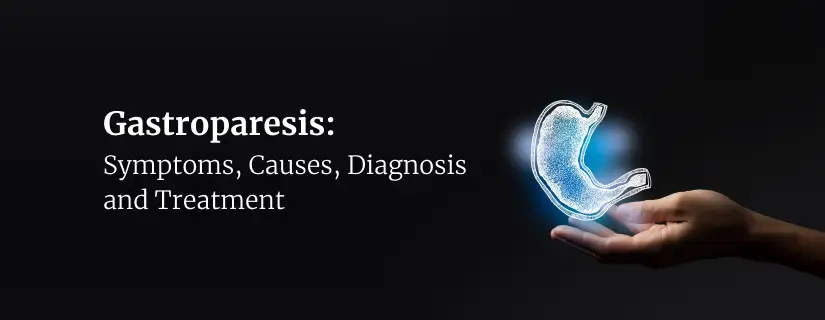
Living with gastroparesis can be incredibly challenging, both physically and emotionally. This digestive disorder affects the normal movement of your stomach muscles, leading to delayed emptying of food into the small intestine. As a result, you may experience a wide range of symptoms, such as nausea, vomiting, bloating, and heartburn. In this blog, let's explore what gastroparesis is, its different types, symptoms, causes, treatment options, and lifestyle tips to help you manage this condition effectively.
What is Gastroparesis?
Gastroparesis, also known as gastric paralysis, is a medical condition characterised by partial paralysis of the stomach muscles, which hampers the proper movement of food through the digestive system. Usually, the stomach contracts to grind food and push it into the small intestine for further digestion. However, these contractions are weakened or absent in individuals with gastroparesis, leading to a slowdown in the stomach's emptying.
Types of Gastroparesis or Gastric Paralysis
The two main types of gastroparesis are- idiopathic gastroparesis and diabetic gastroparesis. Idiopathic gastroparesis refers to cases where the exact cause of the condition is unknown, while diabetic gastroparesis occurs as a complication of diabetes. Diabetes damages the vagus nerve, which controls the digestive tract muscles, resulting in gastroparesis.
Symptoms of Gastroparesis
Gastroparesis can manifest through various symptoms, including:
- Nausea and vomiting: Experiencing nausea and recurrent vomiting are common symptoms of gastroparesis. These symptoms occur due to the delayed emptying of food from the stomach.
- Bloating and abdominal discomfort: Gastroparesis can cause a feeling of fullness and bloating even after consuming small amounts of food.
- Heartburn and acid reflux: The delayed stomach emptying in gastroparesis can lead to the regurgitation of stomach acid, causing heartburn and acid reflux.
- Lack of appetite and unintentional weight loss: You may experience a decreased appetite and unintended weight loss because of the discomfort and symptoms associated with gastroparesis.
- Fluctuating blood sugar levels: For individuals with diabetic gastroparesis, delayed stomach emptying can make it challenging to manage blood sugar levels.
Causes of Gastroparesis
Various factors can cause gastroparesis, including:
- Diabetes: As mentioned earlier, diabetes is a common reason of gastroparesis. High blood sugar levels can damage the vagus nerve, affecting the stomach's ability to contract properly.
- Post-surgical complications: Certain abdominal surgeries, such as those involving the stomach or intestines, can lead to gastroparesis as a result of nerve damage.
- Medications: Some medications, such as opioids and certain antidepressants, can interfere with regular stomach contractions and contribute to gastroparesis.
- Neurological conditions: Disorders like Parkinson's disease and multiple sclerosis can negatively affect the nerves that control stomach muscles, leading to gastroparesis.
- Infection: Gastroparesis can develop due to an infection, such as viral or bacterial infection like Lyme disease.
Complications of Gastroparesis
If left untreated or poorly managed, gastroparesis can lead to several complications, including:
- Malnutrition: The delayed emptying of food from the stomach can make it challenging to consume adequate nutrients, leading to malnutrition.
- Dehydration: Vomiting and nausea associated with gastroparesis can cause fluid loss, leading to dehydration.
- Fluctuating blood sugar levels: Gastroparesis can make it difficult to regulate blood sugar levels, leading to hyperglycaemia or hypoglycaemia.
- Bacterial overgrowth: The stagnant food in the stomach can promote the growth of harmful bacteria, resulting in infections and other digestive issues.
- Decreased quality of life: The symptoms and complications of gastroparesis can significantly impact your quality of life, affecting your physical and emotional well-being.
Diagnosis of Gastroparesis
If you're experiencing gastroparesis symptoms, consulting a doctor for an accurate diagnosis is essential. Your doctor may perform several tests, including:
- Gastric emptying study: This test involves consuming a meal containing a small amount of radioactive material. The doctor will then monitor the movement of this material through your digestive system using a special camera.
- Upper endoscopy: A doctor will guide an endoscope (a flexible tube with a camera and light) through your mouth to examine the lining of your oesophagus, stomach, and small intestine. This procedure helps rule out other possible causes of your symptoms.
- Electrogastrography (EGG): This test measures the electrical activity of your stomach muscles to determine if they are functioning correctly.
Treatment for Gastroparesis
While there is no cure for gastroparesis, several treatment modalities can help manage the symptoms and improve your quality of life. Your doctor may recommend:
- Dietary modifications: Adjusting your diet to include smaller, more frequent meals that are low in fibre and fat can help ease gastroparesis symptoms.
- Medications: Certain medications, such as pro-kinetic agents, can help stimulate stomach contractions and improve stomach emptying.
- Feeding tube: In severe cases, when oral intake is insufficient, a feeding tube may be necessary to ensure adequate nutrition.
- Surgery: In some cases, doctors may suggest surgery to implant a gastric electrical stimulator, which helps regulate stomach contractions.
When to See a Doctor
If you're experiencing symptoms of gastric paralysis, it's crucial to consult a doctor. If you have persistent nausea, vomiting, abdominal pain, or significant weight loss, seek medical guidance immediately. A doctor can properly diagnose your condition and prescribe appropriate treatment modalities to manage your symptoms effectively.
Conclusion
Living with gastroparesis, also known as gastric paralysis, can be challenging. Although there may be no definitive treatment for gastroparesis, with the right approaches and lifestyle modifications, you can effectively manage the symptoms and improve your quality of life. Remember, seeking professional medical guidance is crucial for an accurate diagnosis and appropriate management of gastroparesis.
FAQs
1. Can gastroparesis be cured permanently?
Gastroparesis, or gastric paralysis, is a chronic condition, and currently, there is no known cure. However, you can effectively control your symptoms with proper management and lifestyle changes.
2. How can I cure my gastroparesis naturally?
While no natural remedies can cure gastroparesis, certain lifestyle modifications may help alleviate the symptoms. These remedies include eating smaller, more frequent meals, avoiding high-fat and high-fibre foods, staying hydrated, and managing stress.
3. What is the life expectancy for someone with gastroparesis?
Gastroparesis does not directly impact life expectancy. However, proper management of the condition is essential to prevent further complications.
4. What are the symptoms of slow digestion?
Symptoms of slow digestion, such as those seen in gastroparesis, include nausea, vomiting, bloating, heartburn, lack of appetite, unintentional weight loss, and fluctuations in blood sugar levels.
5. What foods should you avoid if you have gastroparesis?
If you have gastroparesis, avoiding high-fat and high-fibre foods is advisable, as they can be challenging to digest. Instead, focus on consuming smaller, more frequent meals with easily digestible foods like lean proteins, cooked vegetables, and soft fruits.

ENQUIRY FORM
SELECT CATEGORIES
-
Neurosciences (16)
-
Neurology (37)
-
Neurosurgery (14)
-
Orthopaedics (48)
-
Oncology (33)
-
Obstetrics and gynecology (51)
-
Pulmonology (23)
-
Urology (20)
-
Nephrology (13)
-
Psychiatry (7)
-
Dietetics and Nutrition (111)
-
General Medicine (63)
-
Cardiac Sciences (30)
-
Vascular & Endovascular Surgery and Interventional Radiology (10)
-
Gastroenterology (46)
-
Endocrinology (23)
-
Plastic Surgery (10)
-
Critical Care Medicine (5)
-
COVID-19 (16)
-
Dermatology (16)
-
Emergency Care (1)
-
Ophthalmology (4)
-
Pediatrics (14)
-
Laparoscopic and Bariatric Surgery (8)
-
ENT (15)
-
Kidney Transplant (1)
-
Liver Transplantation and Hepatobiliary Surgery (5)
-
General Surgery (3)
-
Internal Medicine (5)
-
Medicine Information
Dysentery: Symptoms, Causes, Diagnosis and Treatment
12 Effective Home Remedies for Loose Motions
YOU MAY ALSO LIKE
RECENT BLOGS
-

Direct Anterior Approach in Total Hip Replacement: Advantages and Challenges
10 April 2025
Read More
-

Zinc Deficiency: Signs and Symptoms, Causes, Treatment
9 April 2025
Read More
-

Chest Pain When Coughing: Causes, Treatment and Home Remedies
9 April 2025
Read More
-

12 Health Benefits of Eating Mushrooms
8 April 2025
Read More
-

7 Health Benefits of Blood Donation You Should Know About
8 April 2025
Read More
-

Implantation Bleeding Vs Periods: Know the Difference
28 February 2025
Read More
-

Bloating During Ovulation: Symptoms, Causes and Remedies
28 February 2025
Read More
-

Itching During Dengue: Causes, Treatment and Home Remedies
18 February 2025
Read More
Have a Question?
If you cannot find answers to your queries, please fill out the enquiry form or call the number below. We will contact you shortly.







